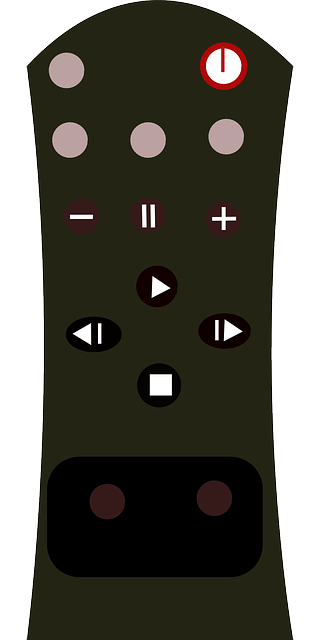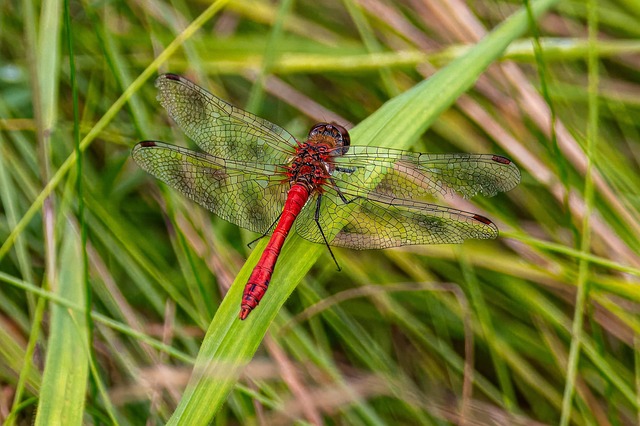Squirrel and bird control are vital for commercial buildings in Denver, addressing urban wildlife damage. Strategies focus on preventing entry through gaps and offering alternative nesting sites for pigeons using humane methods like sealing with sturdy materials. Tailored to each building's unique ecosystem, these measures save costs on repairs and maintain a safe, healthy environment, adhering to local wildlife regulations. Effective bird control for commercial structures in Denver involves physical barriers, regular maintenance, deterrents, and tailored strategies for specific urban challenges.
In the vibrant cityscape of Denver, commercial buildings often face unprecedented challenges from urban wildlife, notably pigeons. These birds can cause significant property damage and pose health risks, making effective bird control crucial for businesses. This article delves into comprehensive wildlife control strategies, focusing on squirrel exclusion plans tailored for commercial spaces in Denver. We explore the impact of pigeons on properties and provide insights into long-term prevention methods to ensure a peaceful urban environment.
- Understanding Squirrel Exclusion: A Necessary Step for Commercial Buildings in Denver
- The Impact of Pigeons on Commercial Properties and the Role of Bird Control
- Implementing Effective Wildlife Control: Strategies for Long-term Prevention
Understanding Squirrel Exclusion: A Necessary Step for Commercial Buildings in Denver

Squirrel exclusion is a critical component of comprehensive wildlife control strategies, especially for commercial buildings in Denver. With a growing urban population and an increasing number of squirrels seeking shelter in urban environments, effective bird control for pigeons becomes essential. These small mammals can cause significant damage to structures by gnawing on wiring, insulation, and other materials, leading to costly repairs.
Denver’s climate presents unique challenges, as squirrels thrive in the region’s diverse ecosystem. Exclusion plans should be tailored to each building, focusing on preventing squirrel entry through gaps, cracks, and vents. Professional wildlife control experts use a combination of techniques like sealing entry points with sturdy materials, installing one-way exclusion devices, and offering alternative nesting sites to humanely discourage squirrels from occupying commercial spaces.
The Impact of Pigeons on Commercial Properties and the Role of Bird Control

Pigeons, while often seen as a common urban fixture, can have a significant impact on commercial properties in Denver and across metropolitan areas. Their presence on buildings is not merely an aesthetic concern; it can lead to various issues for businesses. Bird droppings accumulate, causing unsightly stains and potentially damaging exterior surfaces of structures. Moreover, pigeons are known carriers of diseases like ornithosis, which poses health risks to humans and animals. In addition, their nesting habits in crevices and on ledges can compromise the structural integrity of buildings over time.
Effective bird control for pigeons on commercial buildings is essential for maintaining a safe, healthy, and aesthetically pleasing environment. Professional wildlife control services employ various methods, including repellents, scarers, and physical barriers, to discourage pigeon colonization. Modern techniques focus on humane, non-lethal strategies that respect both local wildlife regulations and the well-being of the bird population while ensuring commercial properties remain pigeon-free.
Implementing Effective Wildlife Control: Strategies for Long-term Prevention

Implementing effective wildlife control, particularly for persistent pests like squirrels, requires a strategic approach focusing on long-term prevention. In urban areas like Denver, where commercial buildings are common habitats for pigeons and other birds, a comprehensive bird control strategy is essential. This involves a combination of physical barriers, such as sealing entry points and installing mesh netting, to prevent new infestations. Regular maintenance and inspections play a crucial role in identifying and addressing potential access points.
Additionally, the use of deterrents like visual scare tactics, noise makers, and specific odors can be effective in keeping wildlife at bay. For pigeons on commercial buildings, targeted bird control measures should consider the unique challenges of urban environments, ensuring that solutions are both humane and environmentally friendly while maintaining a safe, sanitary, and aesthetically pleasing workspace.
For commercial properties in Denver, addressing bird control for pigeons is essential to maintaining building integrity and curbing potential health risks. Implementing effective wildlife control strategies, including squirrel exclusion plans, is a proactive step towards long-term prevention. By understanding the impact of wildlife and adopting tailored methods, businesses can create a safer, more aesthetically pleasing environment, ensuring peace of mind for both property owners and tenants.
